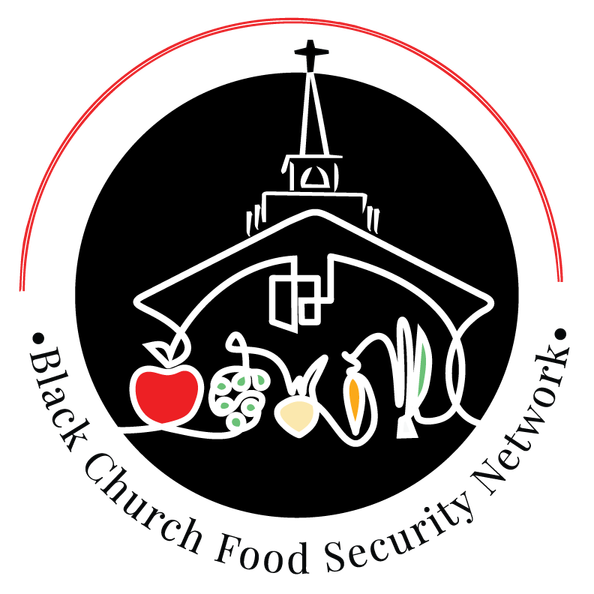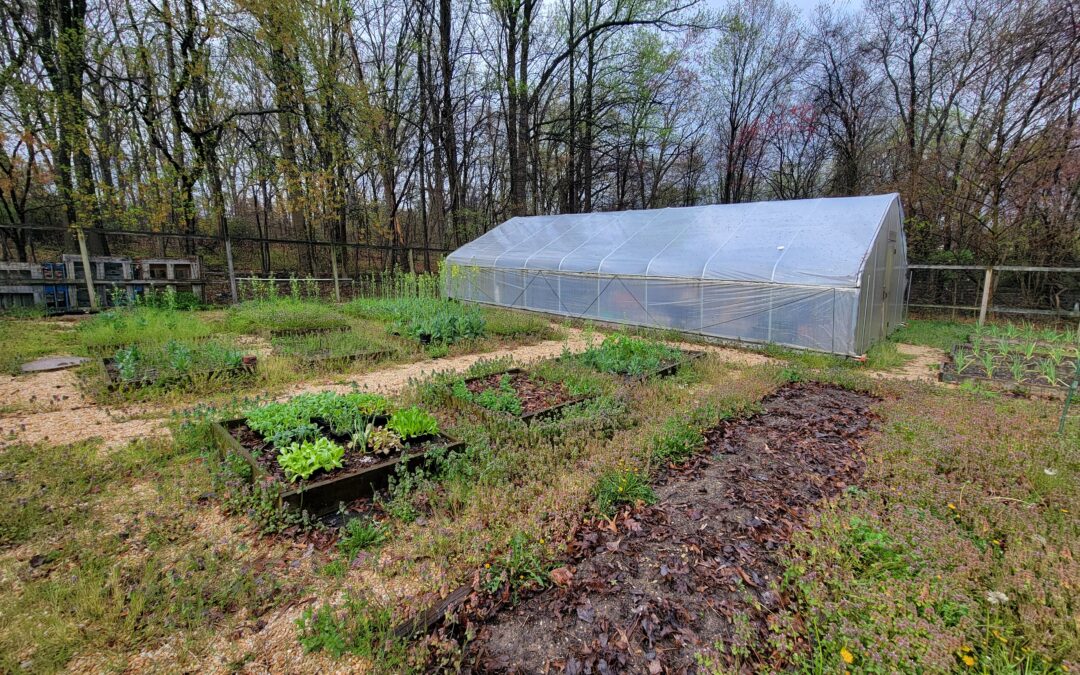I realized something recently. There is a lot about my role as Executive Director of this national organization that I enjoy, but the thing that I would do all day if I could is grow food. I love being on the land and gardening while connecting with people…proving that it’s possible for us to get closer to solving the challenge of food insecurity in Black America by growing on the land owned by Black churches. I also love connecting people and congregations that have complimentary domains of genius that can be in service to the co-creation of micro food systems in local communities.
The challenge for us since the pandemic has revolved around how to be a catalyst for this way of thinking and practice at Black churches around the country. Two years ago, we attempted to solve this challenge by hiring a full, national staff. We hired many great people, but also learned some expensive lessons that aren’t too much unlike most other start-ups. After that experience, I’m not convinced anymore that a national staff is the way to go. We’ll just never be able to hire enough people to support in a hands-on way the hundreds of thousands of churches that exist and the nearly 250 churches that have completed our membership process. The national staff path also feels like, in some ways, a step in the direction of a traditional nonprofit organization; one filled with professional advocates who provide a direct service. That doesn’t feel aligned with the vision that God and The Ancestors have shown/are showing me.
I’m pivoting my approach now to re-focusing my energy on building up the church gardens and urban farms in the Baltimore metro area in a direct way, while providing online training, technical assistance, and information dissemination to congregations in the network. I’ll still travel, speak and present at congregations and events around the country to help generate energy and marshal resources behind this vision. However, my plan this year is to spend FAR more time closer to home co-creating a citywide constellation of food-growing churches in Baltimore. I plan to help train and deputize others to support the work in their own community. Toward that end, the theme that I’m embracing for this year is “Let The Network Work!”
I want to transform our newsletter so that it’s more about what the network is doing and ways to connect. I created a community calendar so that people can post their own great events on our website for all to see. I want our virtual meetings to be opportunities to network and learn from one another. I want to create a mechanism for those that need volunteers to seek out assistance from those in the network. I want us to collaborate on grants that bring resources to our respective and joint initiatives. I want people with ideas to help the network work to come forward, invest the time to build relationships (moving at the speed of trust) and then be willing to roll up their sleeves to help pilot or roll out an experiment of their idea when it’s time.
If The Black Church Food Security Network is to reach its full potential, it will be because we collectively put our hands together and said, “let us start building!” The superhero path is a trap and a surefire way to limit the possibilities of the work to which you are called. Deficit thinking and a theology of scarcity is a trap. There is more than enough for all of us to have enough. Territorialism in the church is also a trap. Church gardens that become the private playground of just one green-thumbed member of the church who doesn’t play nice with others will limit what that garden can do for/with your community.
While I have made many mistakes in this journey (and I’m sure I have more to make), there are some traps that I don’t have to fall into because I’ve taken the time to study the experiences of those who have come before me. Through political education and discipleship, the churches of BCFSN must avoid these predictable traps and create inclusive environments on their grounds if they want to see their project grow.
I’m excited about what this year will bring! I’m sure I’ll learn so much more as we go, but devoting a greater share of my energy and time to actually growing food on church ground in my city, feels like a step in the right direction. Empowering the network to do the work in company with others feels like a more sustainable way.
How does this sound to you? I’d be curious to read your reactions.
Sincerely,
Rev. Dr. Heber Brown, III
Founder – The Black Church Food Security Network

